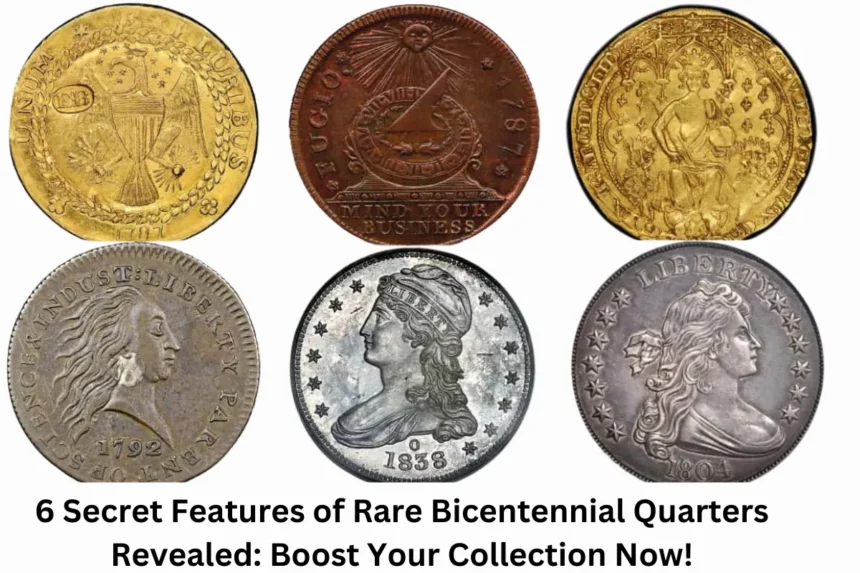The Bicentennial Quarter, minted between 1975 and 1976, serves as a commemoration of America’s 200th anniversary of independence.
Beyond its historical significance lies a trove of hidden features often overlooked by collectors.
Here, we unveil six clandestine attributes of these rare quarters that can greatly enrich your collection:
Dual-Date Rarity
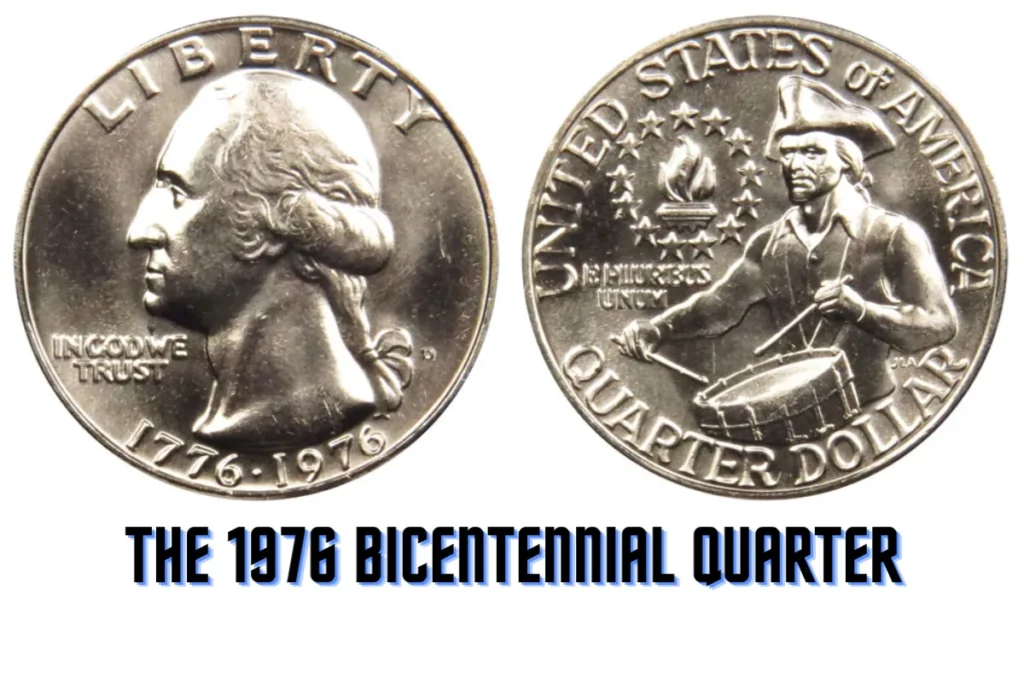
Distinguishing itself from regular quarters, the Bicentennial Quarter proudly exhibits a dual-date feature, showcasing both 1776 and 1976.
This distinctive characteristic transcends mere design, encapsulating the profound historical context of these coins, making them standout symbols of a pivotal era in American history.
Iconic Drummer Boy Imagery
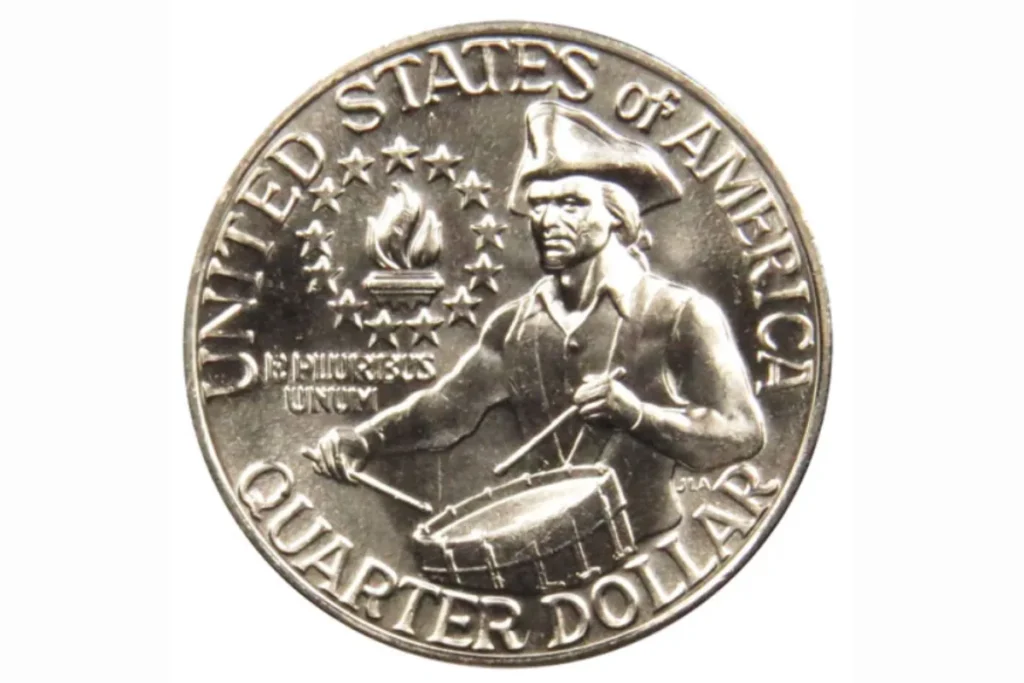
Crafted by Jack L. Ahr, the reverse side of the Bicentennial Quarter boasts a striking portrayal of a colonial Drummer Boy.
Selected through a nationwide competition, this design epitomizes American ingenuity and patriotism, symbolizing the spirit of independence alongside its aesthetic appeal.
Mint Mark Variations
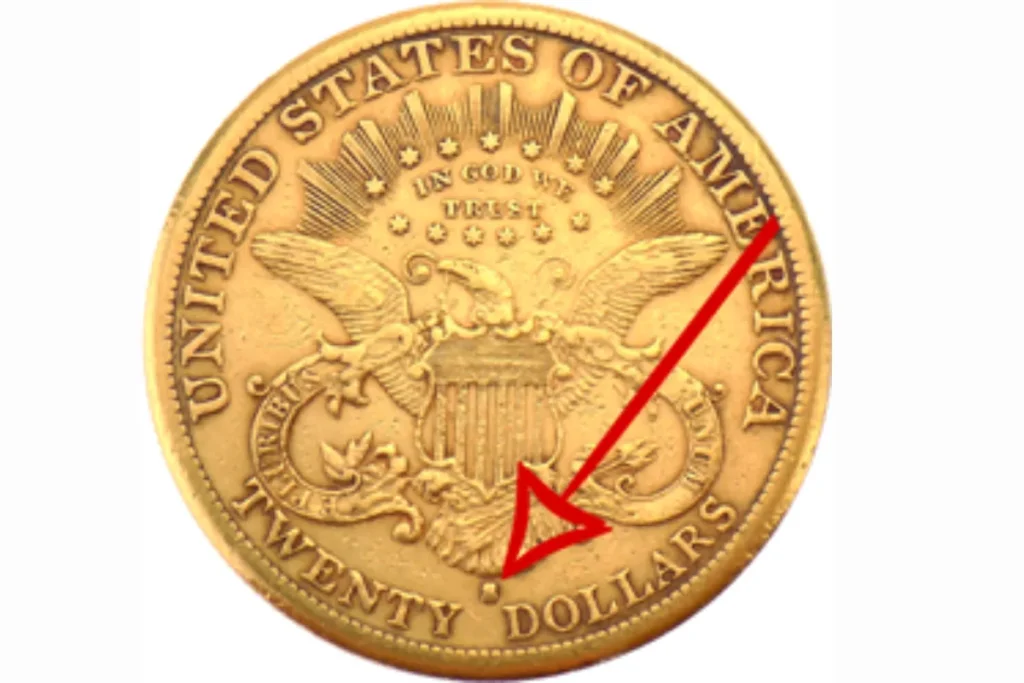
Often underestimated by collectors, the significance of mint marks on Bicentennial Quarters holds paramount importance.
Minted in Philadelphia (no mark), Denver (D), and San Francisco (S), each variant possesses subtle differences, with those bearing the ‘S’ mark holding particular rarity and value.
Silver Clad Rarity
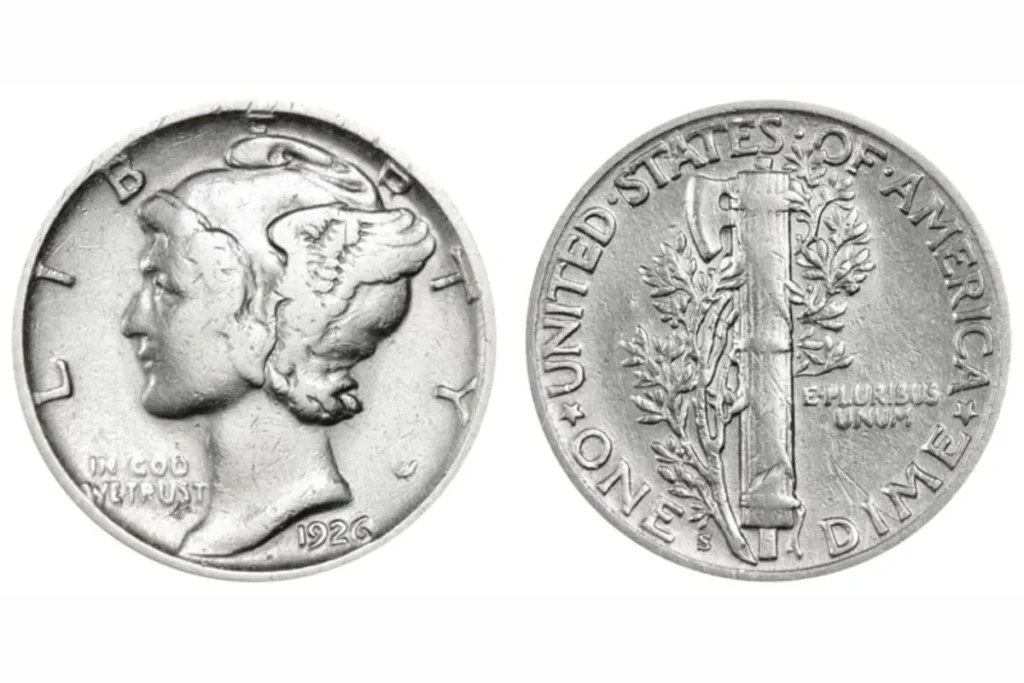
While most Bicentennial Quarters consist of copper-nickel clad, coveted silver-clad variants exist, commanding high demand among collectors.
Produced in limited quantities, these silver quarters represent a rarity in the series, offering collectors a chance to significantly enhance their collections.
Exclusive Proof Set Offerings
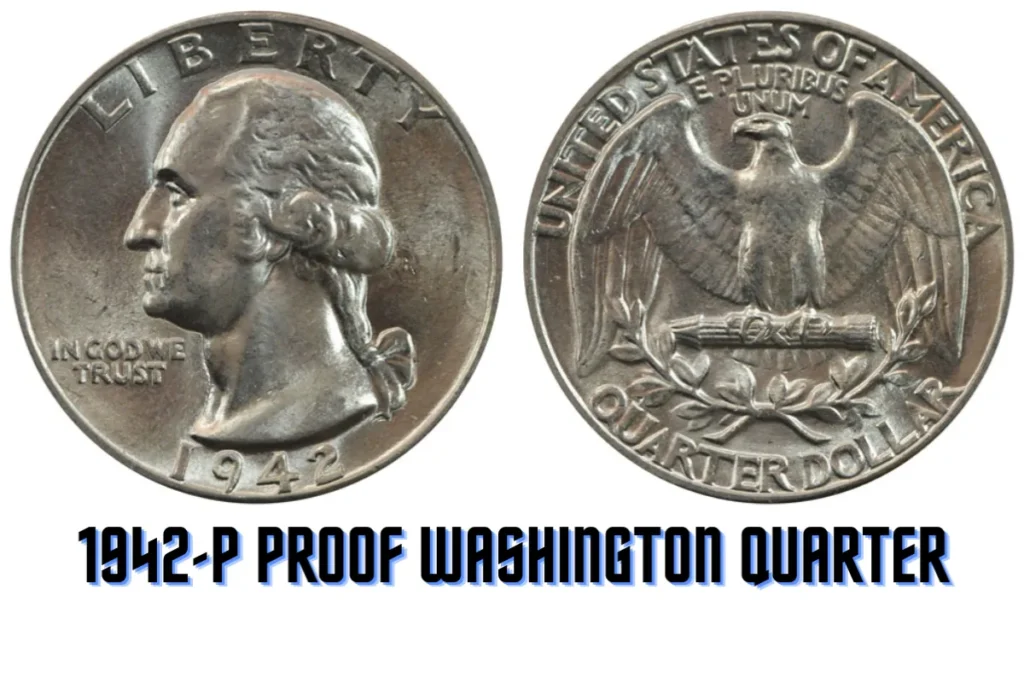
The U.S. Mint introduced special proof sets of Bicentennial Quarters, distinguished by their superior quality and finish compared to standard circulation coins.
Featuring sharper details and mirror-like backgrounds, these proof sets serve as prized possessions for discerning collectors.
Error Coins Oversight
Although rare, error coins within the Bicentennial series, such as those with double strikes or misalignments, hold considerable value.
These anomalies, stemming from the minting process, often went unnoticed upon circulation, presenting collectors with a unique opportunity to elevate the uniqueness of their collections.
Unique Coloration and Toning
Over time, certain Bicentennial Quarters develop distinctive coloration or toning, adding an intriguing dimension to their appearance.
Influenced by storage conditions, these tonal variations range from light gold to deep blue, contributing to the coin’s aesthetic allure.
Conclusion
Beyond its monetary value, the Bicentennial Quarter embodies a tangible piece of history enriched with hidden treasures awaiting discovery.
By delving into these seven secret features, collectors can elevate the significance and worth of their collections, regardless of their level of expertise.
Whether seasoned or novice, understanding the intricacies of Bicentennial Quarters can revolutionize one’s approach to coin collecting.

